Intermittent fasting has been a popular practice employed by many people who want to enjoy a more healthy lifestyle. Research has shown that while intermittent fasting, or IF, helps individuals burn fat, there are many other health benefits. The metabolic switch that occurs can help protect organs against certain chronic diseases like type 2 diabetes, heart disease, age-related neurodegenerative disorders, and more.
Fasting is not a new concept. It is a practice that has often been employed for religious reasons or medical ones as well as weight loss or just helping to change up unhealthy eating habits. And rather than trying to lose weight by just stopping eating altogether, which is unhealthy, intermittent fasting offers a mix of times of fasting and times of eating that work to help a person lose weight in a healthy manner.
But before we go any further: anyone considering embarking on an intermittent fasting weight loss program should consult with their physician to make sure they’re not putting themselves at risk. Harney & Sons is not recommending this or any other weight loss program, because we’re tea experts, not doctors! However, if you have considered intermittent fasting and wonder if you can still enjoy tea while doing so, we’re here to assure you that you can incorporate tea safely into your intermittent fasting schedule. In fact, it may even be helpful.
Before we talk about what we really know – tea – let’s just cover some basic intermittent fasting facts.

What Is Intermittent Fasting?
Like we said, IF is all about when you eat and when you don’t. But before you think wow, awesome, I just won’t eat when I sleep and then I’ll eat when I’m awake… hold your scales a minute. It’s more structured (and disciplined) than that. There are, however, three intermittent fasting schedules from which to choose, so you can pick the fasting program you’re most comfortable with.
- The 16/8 method. The 16/8 represents hours of fasting (16) and hours for eating (8). The idea is that you can eat from 1-9PM (or your preferred range of 8 hours) and then nothing for 16 straight. If you love breakfast, this may not be the program for you as it generally involves skipping that meal, but it tends to be the most popular as it does utilize your sleeping hours as fasting hours.
- Eat-Stop-Eat. Before you think this means eat half a pizza, take a 30-minute break, and then eat the other half of the pizza, think again. This method requires 24 straight hours of not eating, at least once or twice a week.
- 5:2. With this method, you eat regularly five days a week. The other two days, rather than a total fast, you reduce your intake to 500-600 calories per day, which represents roughly 25% of normal daily caloric intake.
Whichever method is chosen, it’s important not to go hog-wild and binge like crazy during the eating periods of time. That undoes all the hard work of fasting and will not bring about the desired results…this is where tea can help!
So, why does this style of eating/not eating produce results? There is science behind the effects that fasting has on your body, which include:
- Increasing the levels of human growth hormone in your body, which can have a positive effect on fat loss and increased muscle.
- A drop in insulin levels, which allows for greater access to stored body fat.
- Autophagy. After a longer period of fasting, cells begin a repair process known as autophagy. This is the body’s way of recycling damaged or unnecessary cellular components. In other words, it gets rid of cellular junk.
While there are known weight-loss benefits to fasting, studies are still being done to understand its other possible benefits to our health.
So, if you’re asking yourself, “Can I have tea while fasting?” we have your answer.
Yes, You Can Have Tea
During the fasting periods, having non-caloric beverages is permitted. They are particularly helpful in helping you have a feeling of fullness, staying hydrated, and being a distraction from not eating. We’ve put together some categories of teas to help you achieve your intermittent fasting goals.

Teas That Satisfy Your Sweet Tooth
If the urge for a bite of a cookie or a small piece of candy feels overwhelming during your fasting time, these teas can give you that satisfactory sweet taste with zero calories. Just remember: you can’t add milk, cream, milk alternatives, sugar, or honey, or you’ll break your fast. Zero-calorie sugar substitutes are fine.
- Hot Cinnamon Spice
- Vanilla Comoro
- Chocolate Tea
- Chocolate Mint
- Chocolate Chai Supreme
- Paris
- Pumpkin Spice
- Salted Caramel
- French Macaron
- Berry Cobbler
- New England Breakfast
- Hot Apple Spice

Teas That Help Fill You Up
Matchas, earthy-flavored teas like pu-erh and hojicha, which is somewhat like a coffee-flavored version of matcha, can help you feel fuller and more satisfied until you can eat a true meal.

Teas That Help Keep You Focused & Refreshed
Lack of food starting to make you feel goofy or tired? These white teas and green teas have higher caffeine levels than other types of teas. And their refreshing flavors will help invigorate you and keep you on track.
- Green Tea With Coconut, Ginger, & Vanilla
- Tausug Blend
- Provence
- Berry Young
- White Vanilla Grapefruit
- Organic Green With Citrus & Gingko
- Heirloom Bartlett Pear
- Summer Afternoon
- Emerald Isles
- Earl Grey Matcha

Teas That Help You Power Through the Hunger
Just when you think you can’t stick with your intermittent fasting schedule and are toying with breaking your fast, reach for one of these stronger teas with caffeine. The first four are our stoutest teas that can leave you feeling fortified, while the last three have our highest levels of caffeine so you can buzz right through that moment of weakness!
- Irish Breakfast
- Scottish Morn
- Royal English Breakfast
- Special English Breakfast
- Yerba Maté
- American Buzz
- Yerba Mate Licorice

Teas That Help Keep Your Wellness Goals on Track
If you have concerns over maintaining your wellness goals while intermittent fasting, these teas with healthful ingredients like turmeric, ginger, avocado, CBD, and more can help address those concerns without jeopardizing your fast!
- Butterfly Pea Flower
- Organic Ginger Turmeric
- Organic Hibiscus Ginger
- Organic Chaga Chai
- Organic Turmeric
- Avocado Leaf
- Soba Roasted Buckwheat
- Hemp Moringa
- Organic Golden Milk
- Peppermint Herbal
- Organic Rooibos
If you’re embarking on the intermittent fasting weight-loss plan, we hope these tea tips will help you achieve your goals. We wish you luck and encourage you to be safe and stay healthy!




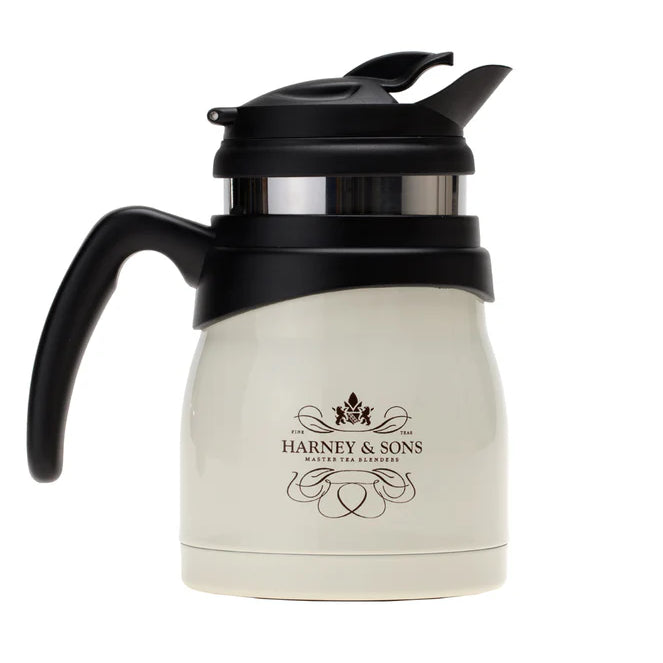
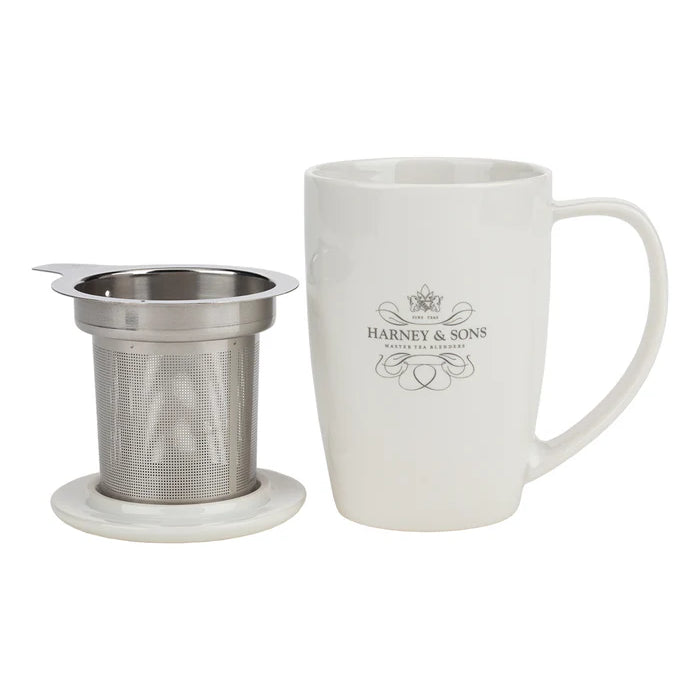
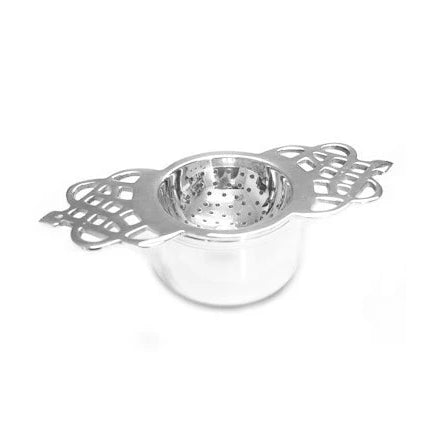
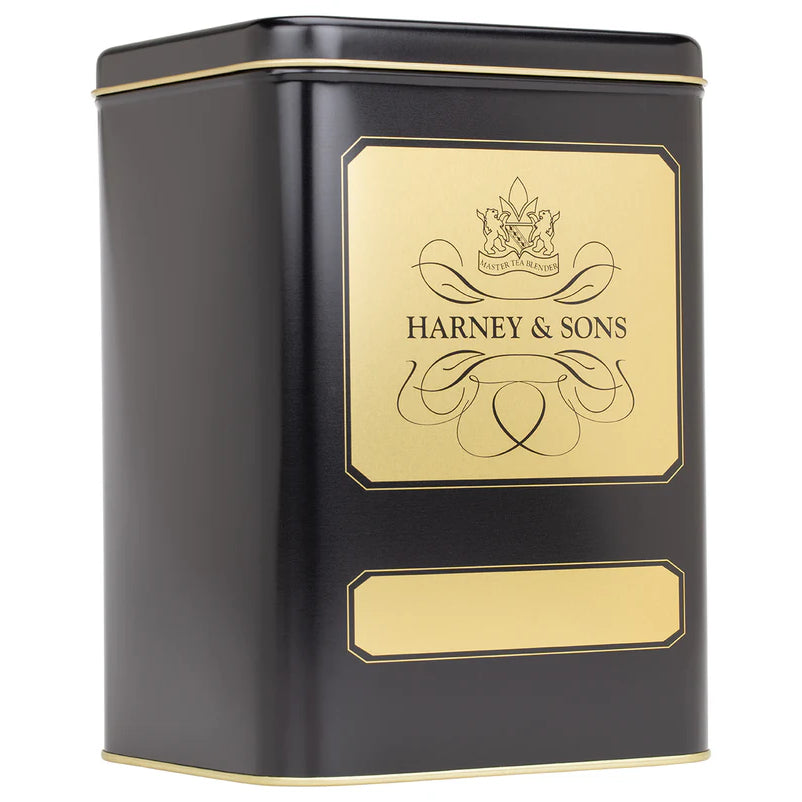
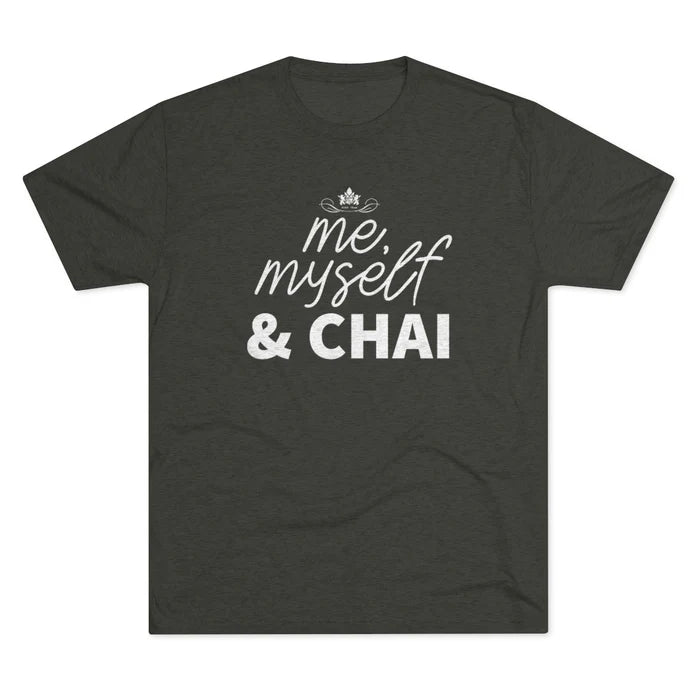

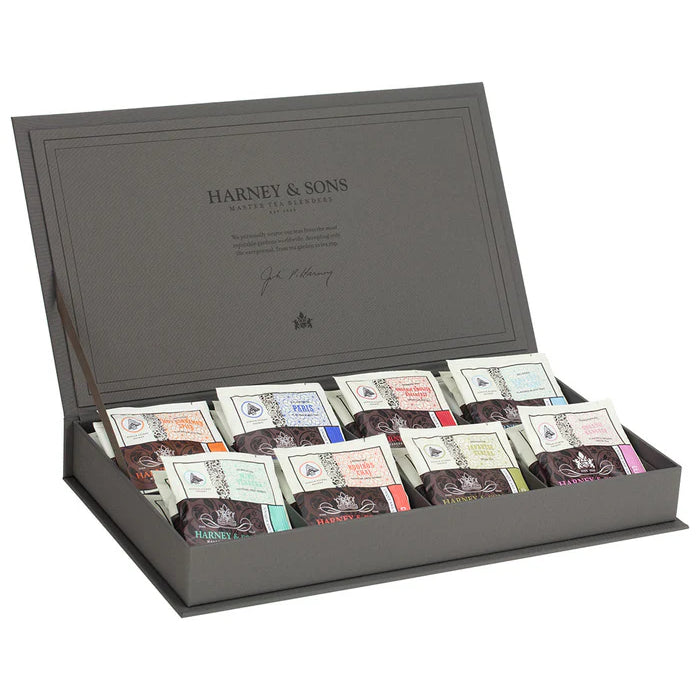
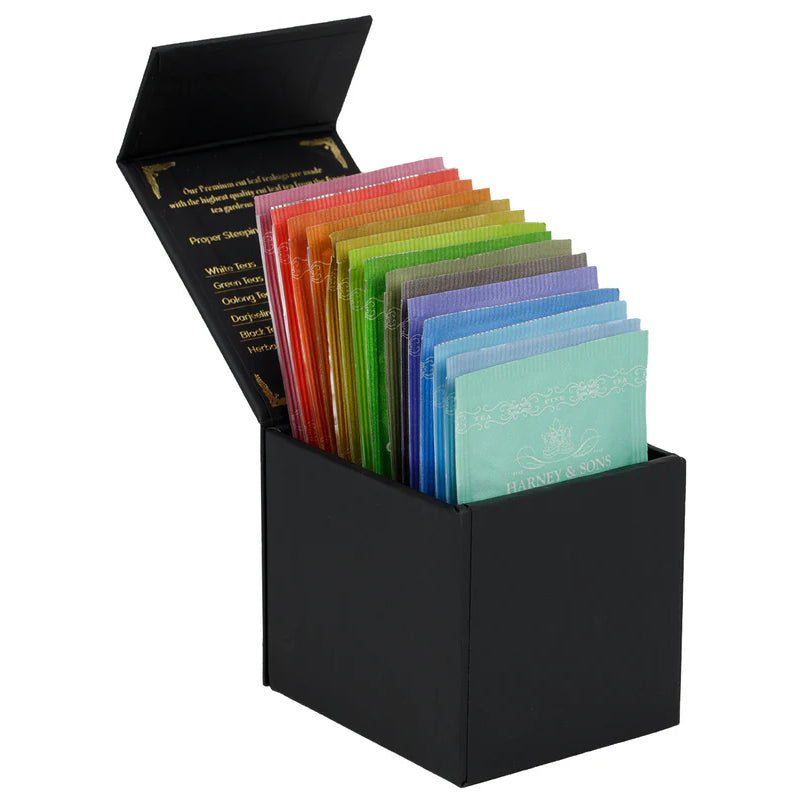



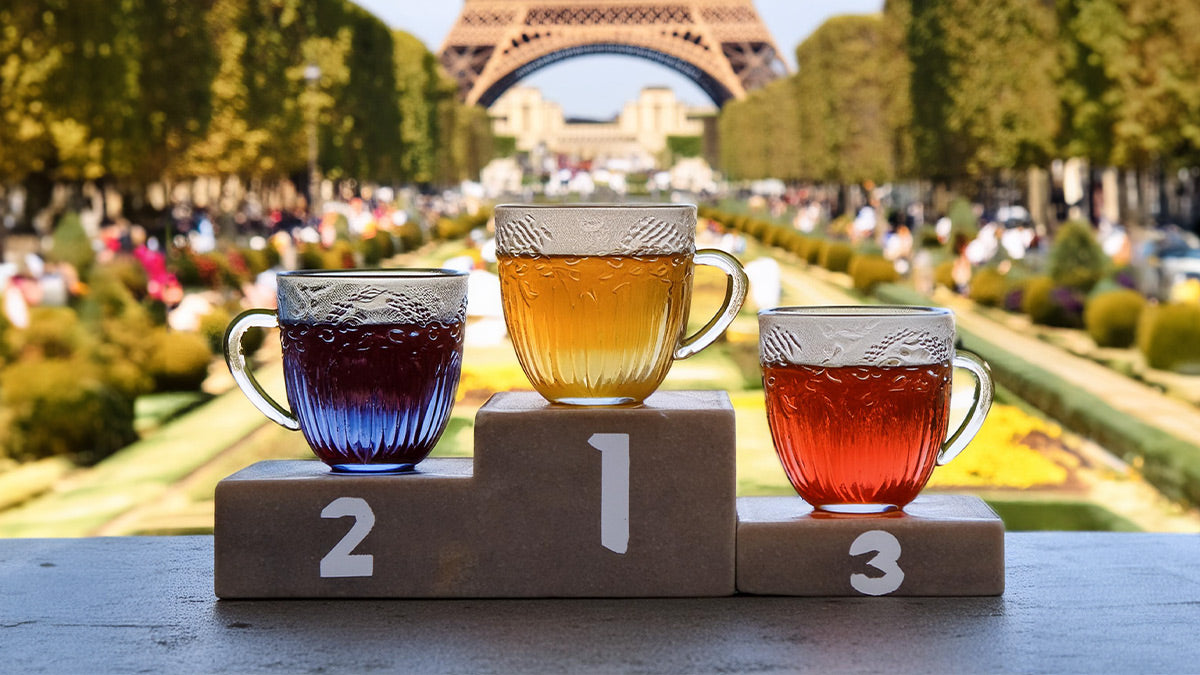
1 comment
Kimberly
The intermittent fasting rules I follow do not include any teas that are flavored so as to not spike an insulin release during fasting. I have been ordering plain green tea – what teas can you recommend that the ingredients are 100% tea only – no added flavors
The intermittent fasting rules I follow do not include any teas that are flavored so as to not spike an insulin release during fasting. I have been ordering plain green tea – what teas can you recommend that the ingredients are 100% tea only – no added flavors